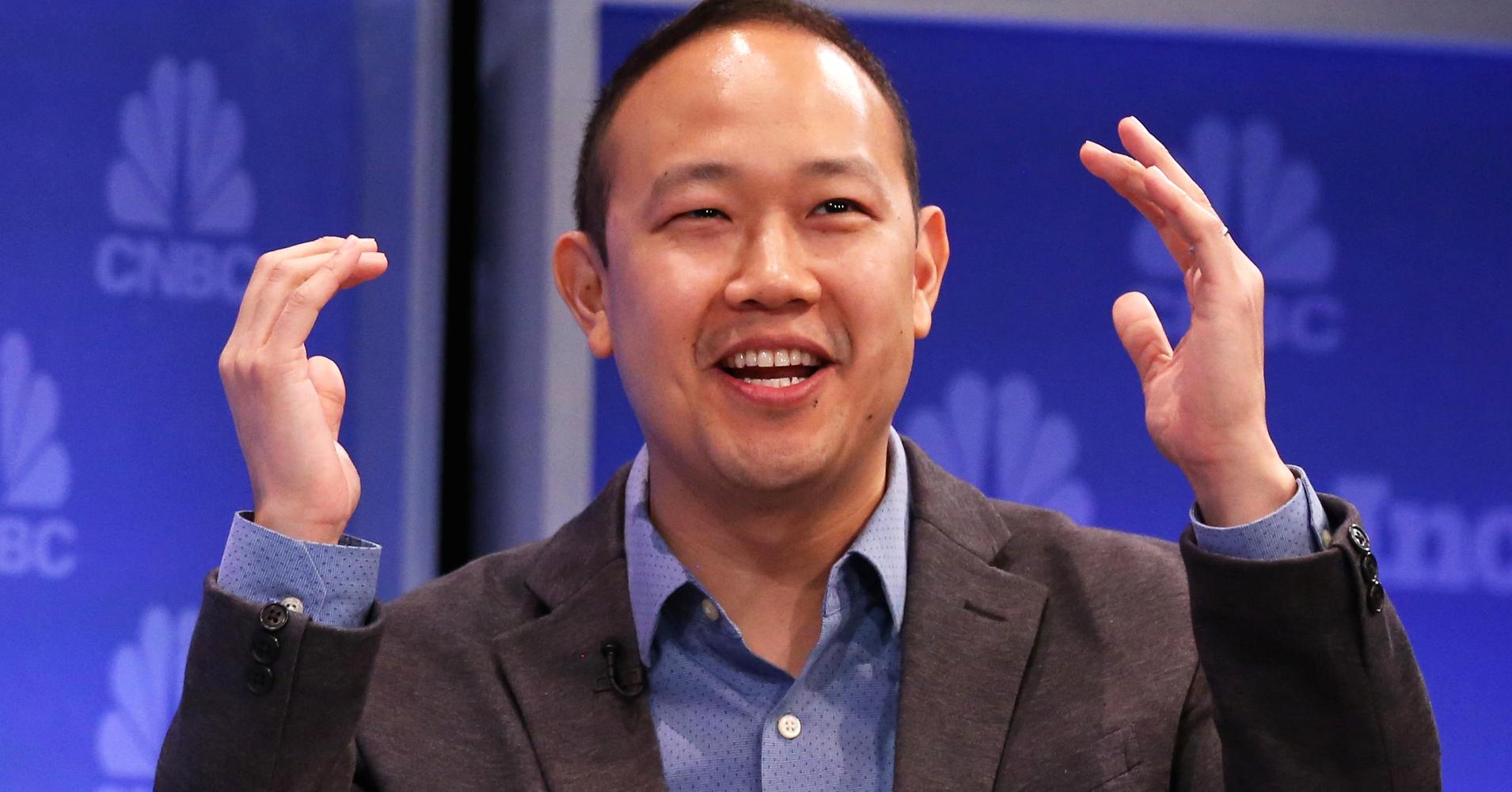
The online bulk delivery start-up Boxed is attracting lots of attention from big retail.
As one of Boxed’s earliest investors, the founder of venture capital firm Greycroft told CNBC he’s not surprised by the heightened interest in the privately held company. In just three years Boxed went from $40,000 in sales to more than $100 million annually. Based on its latest funding round, Boxed is valued at around $470 million.
“Everyone in retail is talking to everybody else, because today’s biggest business story is who wins in this massive retail transition online,” Greycroft founder Alan Patricof told CNBC.
Case in point, grocery giant Kroger recently made an offer to buy Boxed, but no deal was reached, a source close to the situation told CNBC. The source, who would not reveal Kroger’s bid price, also said the two companies are no longer talking. Earlier this month, there were reports that Kroger had submitted a bid for Boxed for as much as $500 million.
Entrepreneur Chieh Huang, the 36-year-old Taiwanese-American who co-founded Boxed in 2013, refused to comment directly on Kroger, but he did tell CNBC he’s keeping his options open.
“Without naming actual names, we have had conversations with just about every retailer under the sun,” Huang said. “International and domestic: some more serious than others.”
Boxed, often dubbed the “Costco for millennials,” sells and delivers a range of goods including sparkling water, chips, cookies and toilet paper in bulk — without the membership fee required to shop at other warehouse retailers.
Along with the big products, Boxed also offers big savings. It sells a 28-ounce bottle of Sriracha hot sauce for $2.99, half what shoppers might pay at a traditional retailer. The spicy condiment is one of more than 1,000 products available for sale on the Boxed platform.
Delivery is free for orders more than $49, and Boxed says the goods arrive in two days or less. The average Boxed customer — 80 percent of whom are between the ages of 25 and 44 — spends about $100 on around 10 items per order. That allows the company to keep costs low by splitting shipping costs over a wide range of products, instead of just a few.
“Most retailers ship 1 to 1.5 items” on average per order, Huang said.
That’s one metric that might make Boxed’s business appealing to competitors. Survival in a world dominated by Amazon — especially after its $13.7 billion acquisition of Whole Foods last year — is the most pressing question for online and brick-and-mortar retailers alike.
Even the nation’s bigger retailers are trying to keep up with Amazon. Walmart acquired e-commerce site Jet.com in 2016 and recently announced that same-day grocery delivery will be available at hundreds of stores by the end of 2018. Target bought delivery platform Shipt. And Kroger is also ramping up its online and delivery offerings.
“A number of traditional brick-and-mortar grocers, Kroger included, recognize that they need to have a robust presence in e-commerce to stay relevant with consumers as habits evolve rapidly,” said Ben Bienvenu, retail analyst at research firm Stephens.
“All American consumers have the same needs — to buy great consumer products, with savings and value, and with the convenience of easy delivery. Boxed offers that,” said Patricof, noting that he trusts the Boxed management team to make “the right decision” about the company’s future.
For his part, Huang said he’s pleased his investors remain supportive of Boxed’s vision to remain independent for now, adding he hopes to go public in the “medium-term.”
Huang started Boxed about five years ago in the garage of his parents’ New Jersey home after selling a mobile gaming company he founded to social videogame firm Zynga. Within eight weeks of launching, Boxed received its first approach for a potential acquisition.
He said he drew inspiration from childhood trips to Price Club, which merged with Costco in 1993, and he recognized that buying in bulk was a good way to save time and money.
When he moved to Manhattan during the financial crisis in 2008, Huang still wanted to stock up but bulk retailers weren’t as common in the big city — and getting the big items home was no easy task, either.
“I didn’t have a car anymore,” said Huang. “I wondered how many others wanted to buy in bulk but didn’t have the physical means to access it.”
In solving for those problems, Boxed was born.

